Ari Aster’s films have constantly split opinion, When Hereditary was first released it was hailed as the scariest film of its era, which inevitably led to cries of “well I didn’t think it was scary!” Similarly Midsommar was praised on release but has fared less well critically over time. Beau Is Afraid is his most polarising film yet, an oblique, frenetic, sometimes frustrating watch, that never pauses for breath, or allows its audience any respite.
A plot summary really won’t do the film any justice – suffice to say Beau (Joaquin Phoenix) is having a very bad day. He’s planning to make a trip to visit his mother (played emphatically in all her various forms by Patti Lupone and Zoe Lister-Jones) but before he can even embark on his journey events spiral out of control, landing him in the care of a kindly married couple (Nathan Lane and Amy Ryan, both brilliant) who agree to take him the rest of the way. What follows is an absurdist, surreal, Oedipal odyssey as forces contrive to keep him from reaching his destination.

When I first saw Midsommar, I found it difficult, almost impossible to articulate how I felt about it for a good long while. The whole experience was overwhelming, a sensory overload that you had to let wash over you and try to parse meaning later. That same feeling applies here, however, the sedate, hypnotic pace of Midsommar could not be further from the frenzied, often hysterical tone of Beau Is Afraid.
Aster very quickly drops any pretense of realism as Beau’s apartment block turns into a surreal, anxiety-inducing nightmare, and from there it accelerates even deeper into the realms of fantasy. These scenes lend the film a visual inventiveness that means its always a pleasure to look at, and make striking use of colour and framing to convey Beau’s ever-changing mindset.
Visually inventive in the best ways, with some unnerving sequences that sea themselves into your brain. It recalls films as eclectic as The Ninth Configuration and Jacob’s Ladder in its use of symbolism, tone and imagery and Charlie Kaufman’s Synecdoche, New York in the way Aster plays with ideas of artifice – particularly the overtly theatrical scenes in the forest and the sound-stage setting of the final “trial”.

As with his previous films, Aster manages to find humour amidst the darkest, most grisly moments. The entire cast play their roles completely straight, which only highlights the absurdity of the film. There are several laugh out loud moments juxtaposed with truly horrific scenes, and the comedy is often just derived from the idiosyncratic line readings (especially from Phoenix). There is one wonderfully deadpan delivery of the line “I’m so sorry” that should be devastating but in the context of the scene is hilarious.
Rightly or wrongly, Aster is often compared to Robert Eggers and Alex Garland, and there are certainly elements in the final act of Beau Is Afraid that are very similar to the body horror climax of Garland’s Men. Although instead of toxic masculinity, Aster’s film takes aim at overbearing mothers. The result is a potent if often frustrating watch. In some places impenetrable, in others incredibly on-the-nose in its depiction of Beau’s anxieties and neuroses, specifically his guilt regarding his relationship with his mother – something the world appears to agree with him on!
Joaquin Phoenix has carved out quite a niche for himself playing oddball loners, in Joker, Her, and The Master. He is phenomenal here, giving Beau a bemused, hapless appeal. Beau is just as uncomfortable in his social interactions, (constantly stumbling from one outlandish set-up to another) but he’s also frustratingly passive. He allows so much to happen to him and this is why he is condemned to the trial at the conclusion.

Phoenix is supported by a supremely game supporting cast, all of whom understand the assignment perfectly and take the surreal plot turns in their stride. plot. Broadway royalty Patti Lupone is also incredible as his domineering mother, giving a performance that drips with self-pity and disdain for her son. Together with Lister-Jones’ equally impressive performance, Lupone embodies a particularly oppressive, destructive form of maternal love, comparable to the mother/son relationships in Psycho and The Manchurian Candidate in its toxicity. Meanwhile Bing Bong himself, Richard Kind, gives a hilariously exaggerated performance as a particularly vitriolic lawyer acting on behalf of Beau’s mother, in an explicitly Kafkaesque final scene where he lays bare all of the perceived transgressions Beau has ever visited on his mother.
All of Aster’s films invite analysis, but this is one that practically insists on it. As such this digital release is a mixed blessing. On the one hand, the three hour run time does turn the film into something of an endurance challenge, and it’s a lot easier to decipher what’s going on when you are able to pause it and take a breather. However this necessarily dilutes the impact of the film, which really needs to be watched in one go to fully immerse yourself in the absolute chaos that is Beau’s epic journey.
Beau Is Afraid is Aster’s most polarizing film and honestly, I get it. The director throws everything at the screen and the result is a sprawling, thematically dense, often exhausting assault on the senses. However I found it fascinating; an endlessly imaginative ambitious film, absolutely bursting with ideas. It might sometimes veer into self-indulgence, but at the very least, it’s never boring.

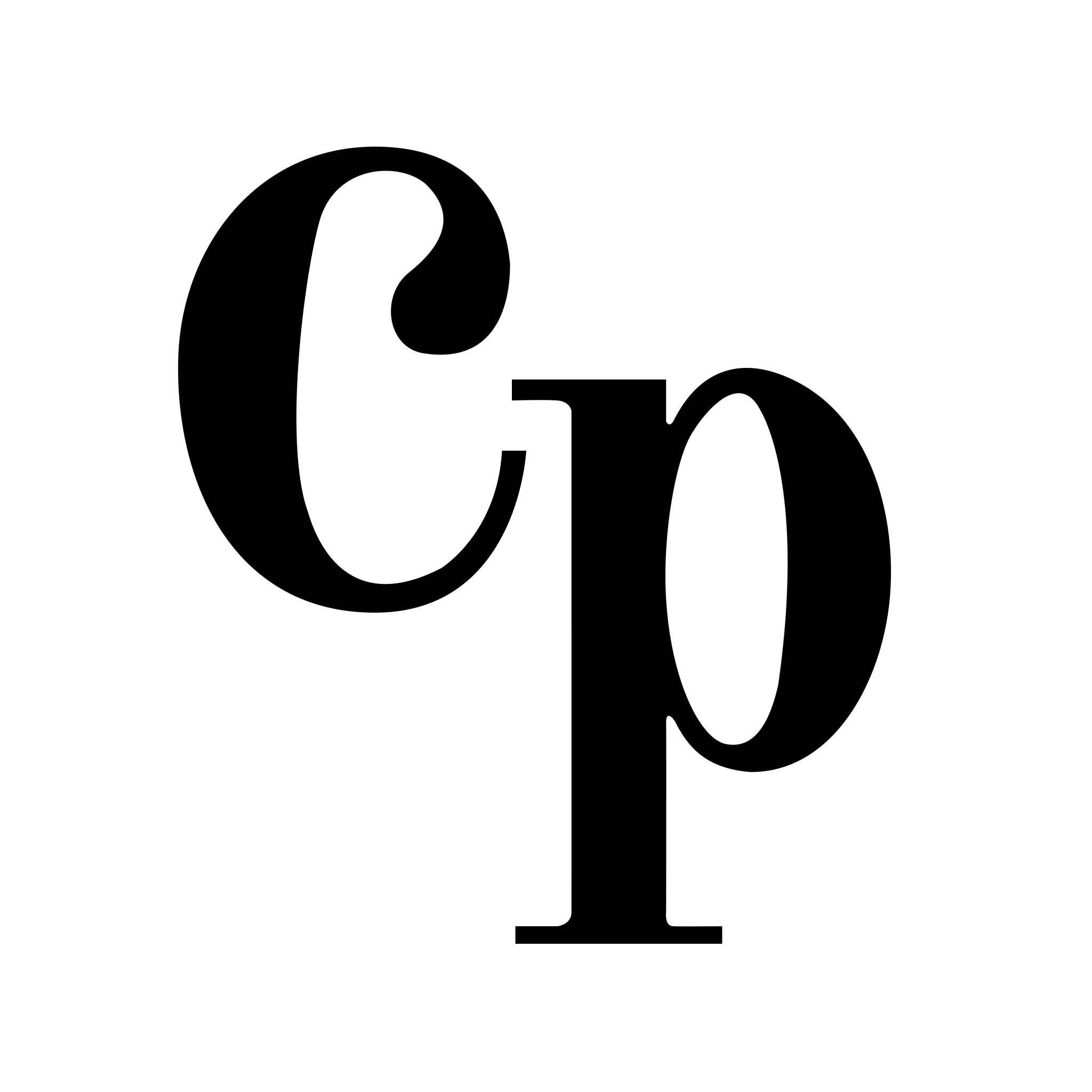
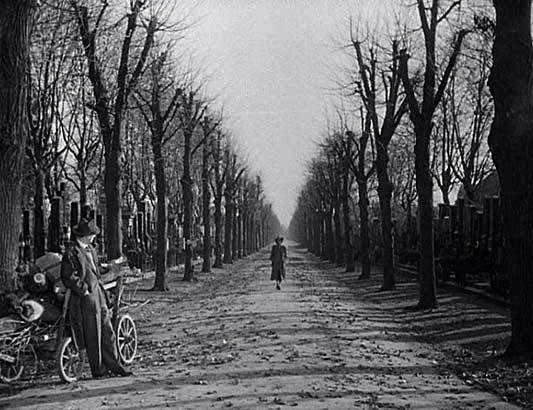
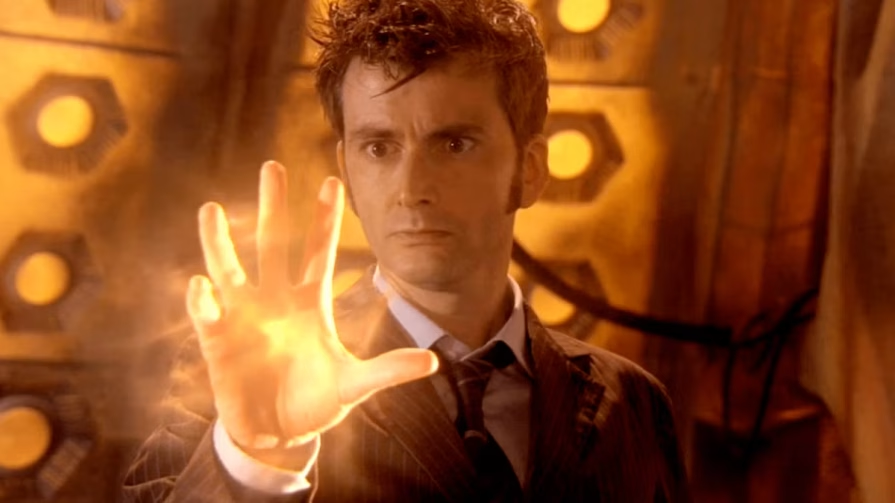
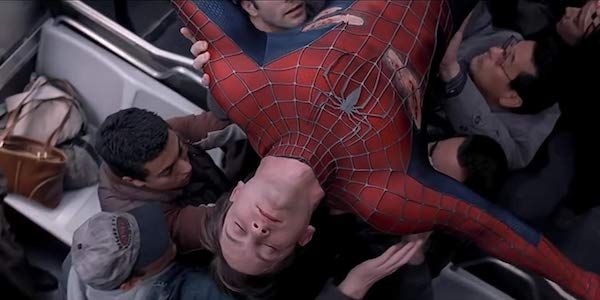
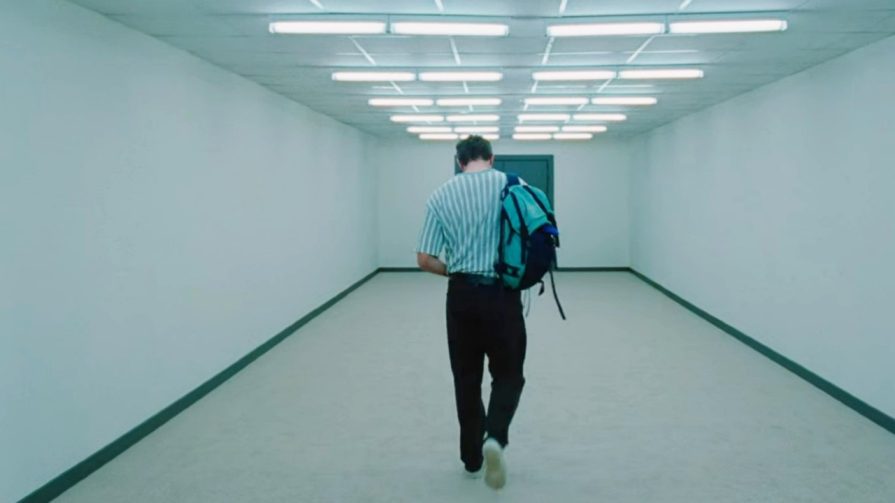
![Unquiet Guests review – Edited by Dan Coxon [Dead Ink Books]](https://criticalpopcorn.com/wp-content/uploads/2025/10/ug-reddit-ad-e1761690427755.jpg?w=895)
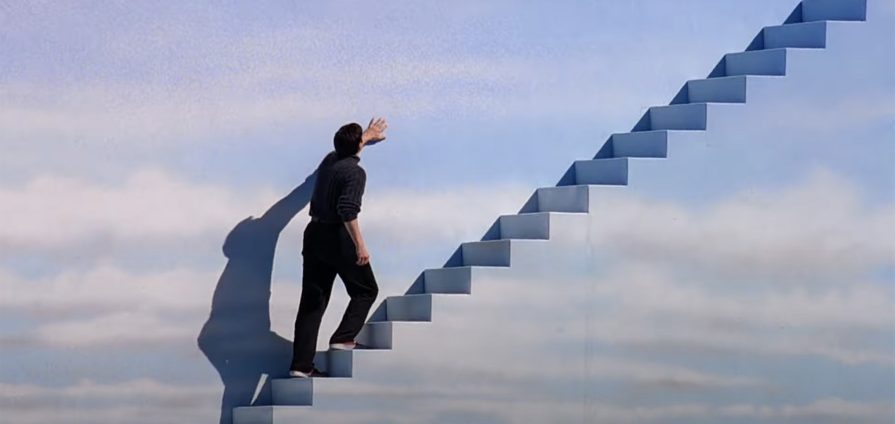
![Martyrs 4K UHD review: Dir. Pascal Laugier [Masters Of Cinema]](https://criticalpopcorn.com/wp-content/uploads/2025/10/image-1-e1761586395456.png?w=895)

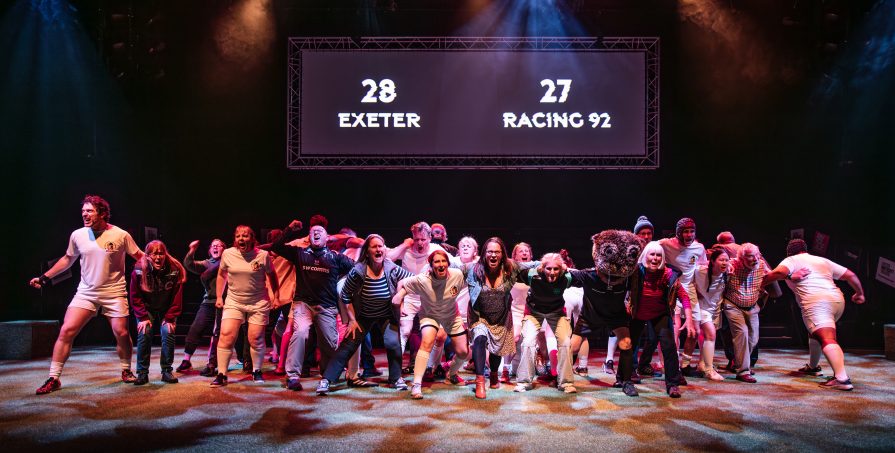

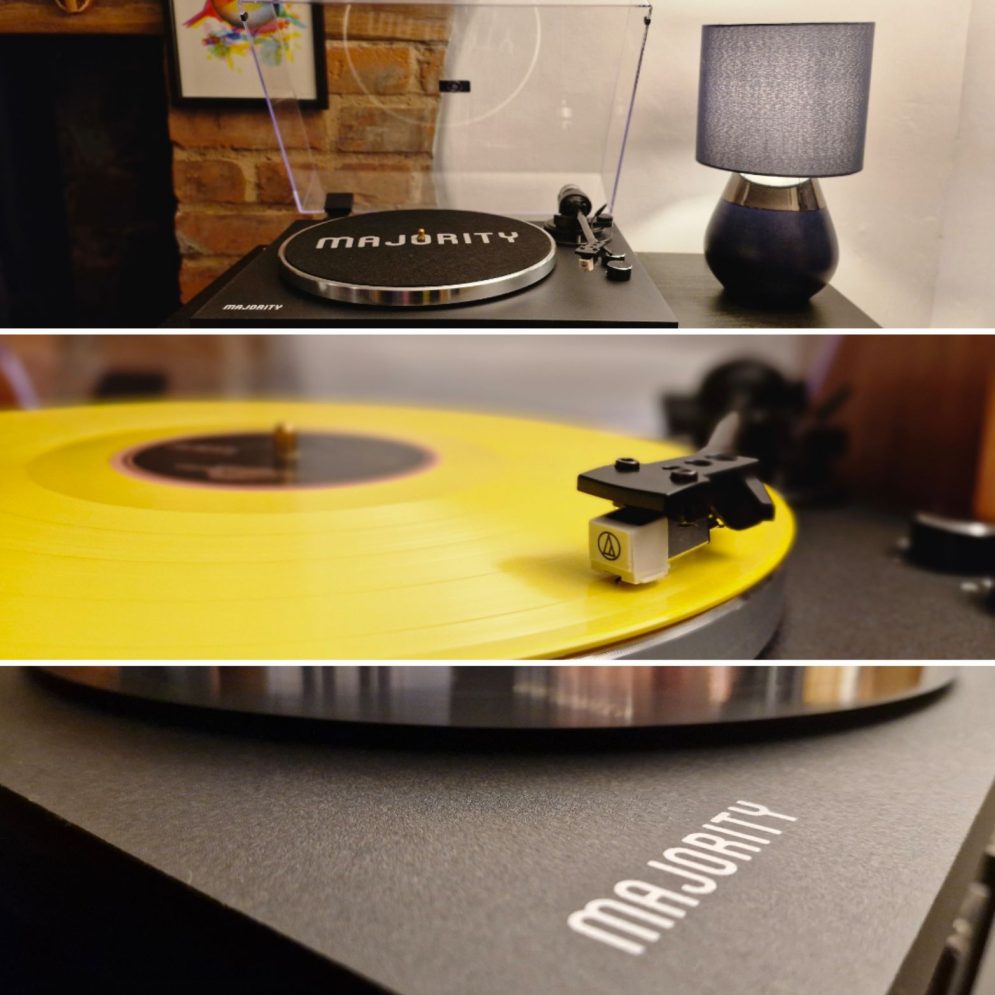
![Why I Love… Steve Martin’s Roxanne [1987]](https://criticalpopcorn.com/wp-content/uploads/2016/11/roxanne.jpg?w=460)

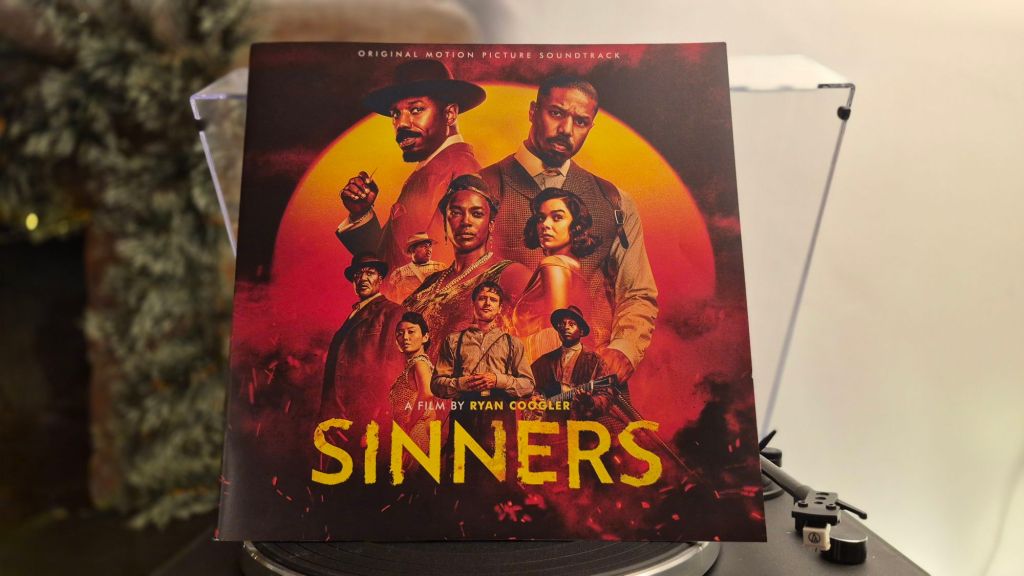

Post your thoughts